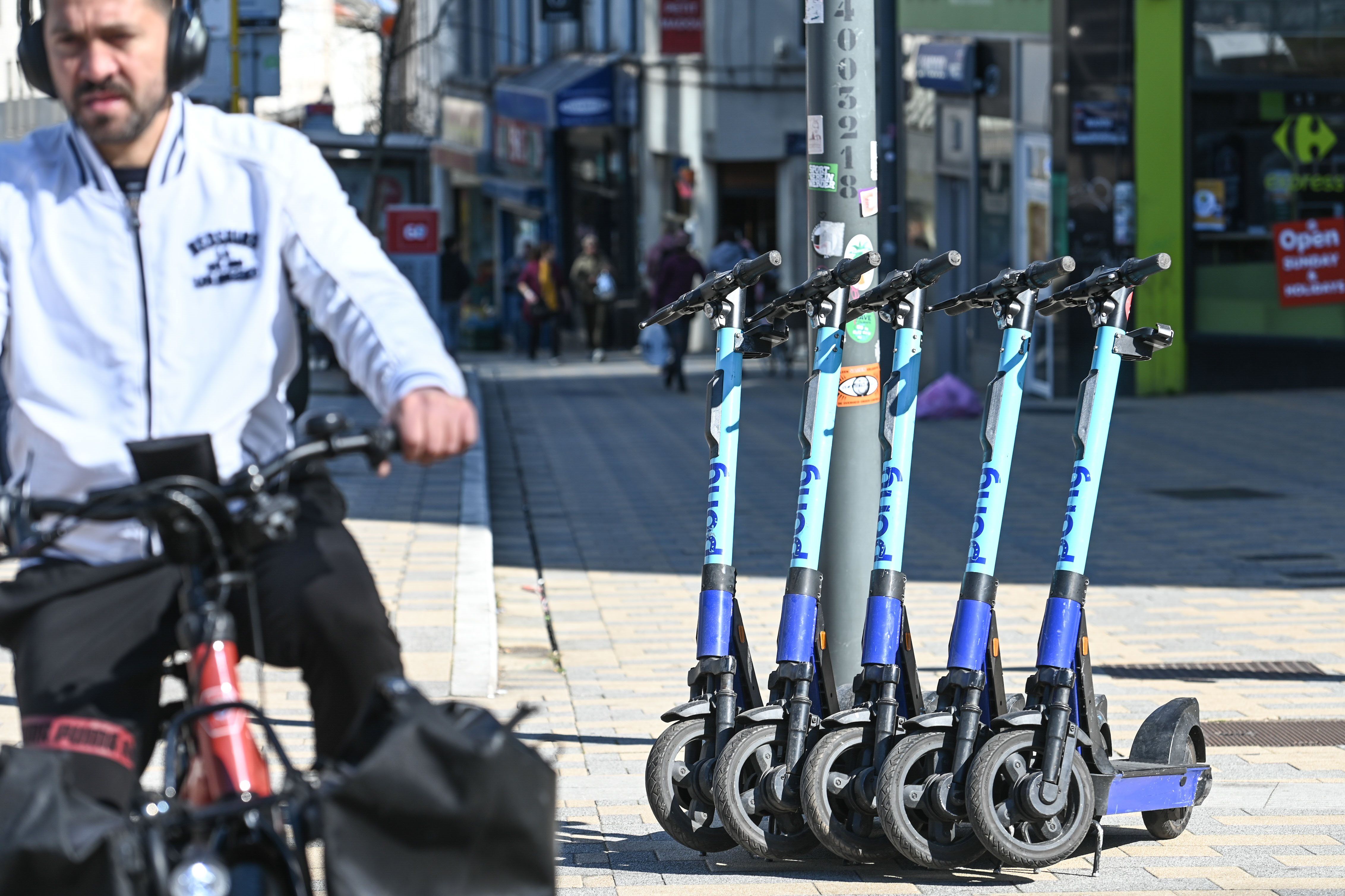Noise pollution knocks 8 months off Brussels life expectancy

The sounds of the city are well known to residents of urban centres around the world. But what for many is simply the background to their daily life has detrimental long-term health effects, now quantified in a report published by Brussels Environment on Tuesday.
64% of people who live in Brussels hear 55 decibels at any given moment of the day, equal to a normal conversation. This constant barrage of sound is closely linked to decreased mental health, sleep disturbance, increased stress and elevated blood pressure as well as hypertension. In total, the pollution knocks an average of 8 months off the lives of Brussels residents.
The city’s 620,000 vehicles have an impact: the report estimates that road and air traffic count for the greatest noise polluters in the Brussels region. And it isn’t just adverse health effects, noise pollution has a financial cost. Economically, the noise is estimated to cost €500 million a year.
Unsurprisingly, motorised vehicles are the worst culprits when it comes to noise pollution. Lorries produce the equivalent noise of 5.5 cars, while buses or motorcycles produce 2.5 times the noise.
To combat the drastic impact of noise levels, researchers behind the report point to the efficacy of the 30km speed limit. The limit cuts noise levels in half and hugely reduces the number of people exposed to traffic noise above the WHO healthy limit of 55 decibels.
Raising the awareness of motorists and making them aware of the impact of fast accelerations can stimulate change, experts said. Speed radars when entering towns could also play a useful role.
Brussels Environment, which conducted the study, is the go-to environment and energy agency for residents and companies in the Brussels Capital Region.
© BELPRESS